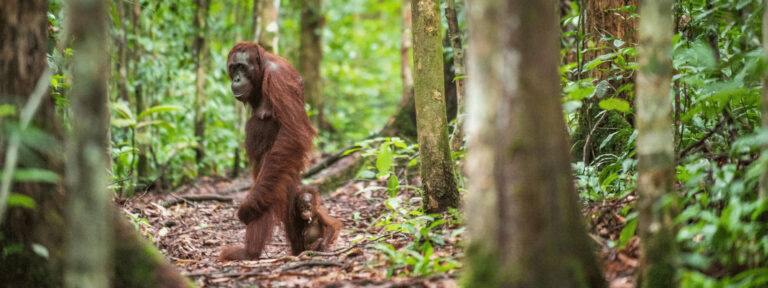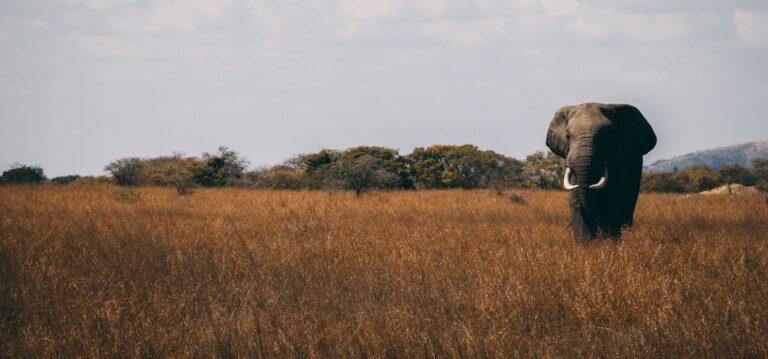
David Attenborough’s greatest achievement
Population Matters Patron Sir David Attenborough turns an impressive 98 years old on 8 May. The beloved broadcaster has much to be proud of and it is probably no exaggeration to say that nobody has inspired as many people to care about the environment as he has. But it’s not just love for things furry, feathered and scaled that he’s helped spread. In 2022, our Communications Manager at the time, Olivia Nater, reflected on his influence.
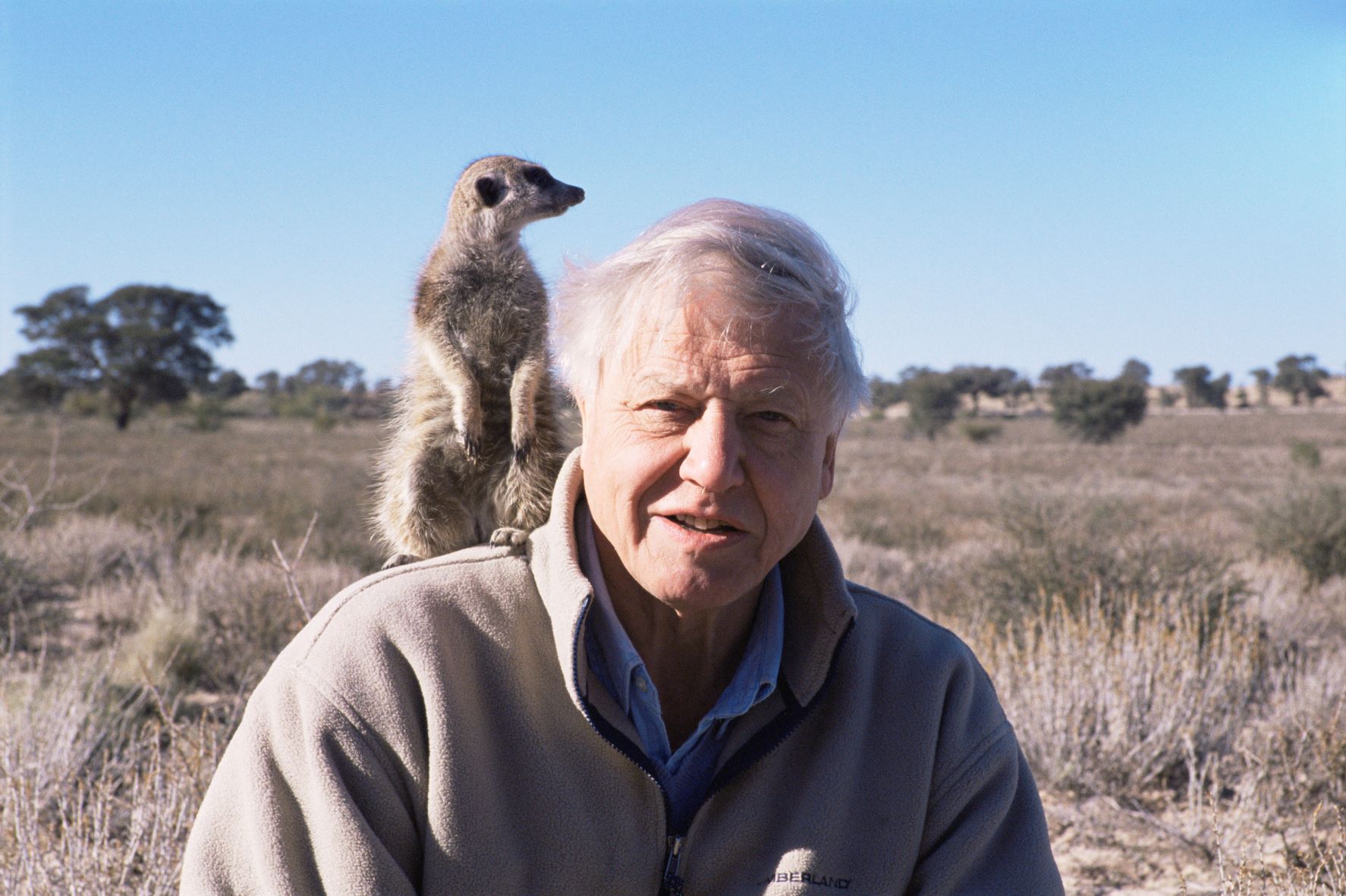
Inspiring generations
David Attenborough’s repeated warnings about our impact on the planet and urgent need to transform our relationship with nature stirred countless people to action. I am one of them. Having had the privilege of watching Sir David’s natural history documentaries as a child had a huge influence on my career choices. I have always been an animal lover but Attenborough’s engaging revelation of the jaw-dropping diversity of life around the world and the fascinating day-to-day struggles of fellow species cemented my passion. I already knew in school that I wanted to study zoology and then work in environmental advocacy.
At the University of Bristol, I was amused but unsurprised to find that many of my fellow students’ undergraduate degree choice had also been inspired by Sir David. When he came to Blackwell’s bookstore to sign copies of his autobiography ‘Life on Air’, the queue extended all the way down Park Street. He was supposed to be there for an hour but ended up staying for over three. (And yes, I waited that long and was one of the last people to get her book signed – thanks, Sir David). We used to joke about how we all wanted to be “the next Attenborough” and it was a well-known fact that competition for internships at the BBC’s Natural History Unit was fierce.
Find out more
Sign Up today to learn more about Population Matters and receive monthly updates in your inbox
Telling the truth
This was 15 years ago, yet there is still no Attenborough replacement, and there probably never will be. Sir David doesn’t only tell engaging stories with a uniquely soothing voice, he is also refreshingly honest about the scale and drivers of our environmental crises, and his pleas are clearly heartfelt.
As PM Director Robin Maynard wrote in his review of A Life on our Planet (which chronicles the shocking environmental deterioration during Sir David’s lifetime):
“The most powerful sequence is when the camera holds its focus for an uncomfortably long period on his face and visible anguish at this emptying of Eden – even more eloquent than his words.”
His love and compassion for other species is infectious, and many people have been moved to tears by his documentaries (remember that walrus scene in Our Planet?). Most importantly, he is one of the few public figures who is outspoken about the root causes of our environmental crises:
“As I see it, humanity needs to reduce its impact on the Earth urgently and there are three ways to achieve this: we can stop consuming so many resources, we can change our technology and we can reduce the growth of our population.”
As reflected in the ‘IPAT’ equation and similar scientific formulas, our impact on the planet is a product of our consumption habits and our numbers, and depending on the technology in question, this can either have an amplifying effect (e.g. mass production, industrial agriculture), or a reducing effect (e.g. renewable energy).
While the need to end overconsumption and improve technologies is uncontested by most environmentalists, many still shy away from addressing the population factor. However, as Sir David puts it, we simply cannot ignore it:
“All our environmental problems become easier to solve with fewer people, and harder – and ultimately impossible – to solve with ever more people.”
Eco vs Ego
He dedicated a whole documentary to the issue in 2009 with the BBC Horizon episode ‘How Many People Can Live On Planet Earth?’ (in which he voiced his support for Population Matters which gave our profile a great boost), and his 2011 presidential speech for the Royal Society for Arts (RSA) focused heavily on population (you can find a transcript here):
“Fifty years ago, when the WWF was founded, there were about three billion people on earth. Now there are almost seven billion. Over twice as many – and every one of them needing space. Space for their homes, space to grow their food (or to get others to grow it for them), space to build schools and roads and airfields. Where could that come from? A little might be taken from land occupied by other people but most of it could only come from the land which, for millions of years, animals and plants had had to themselves – the natural world.”
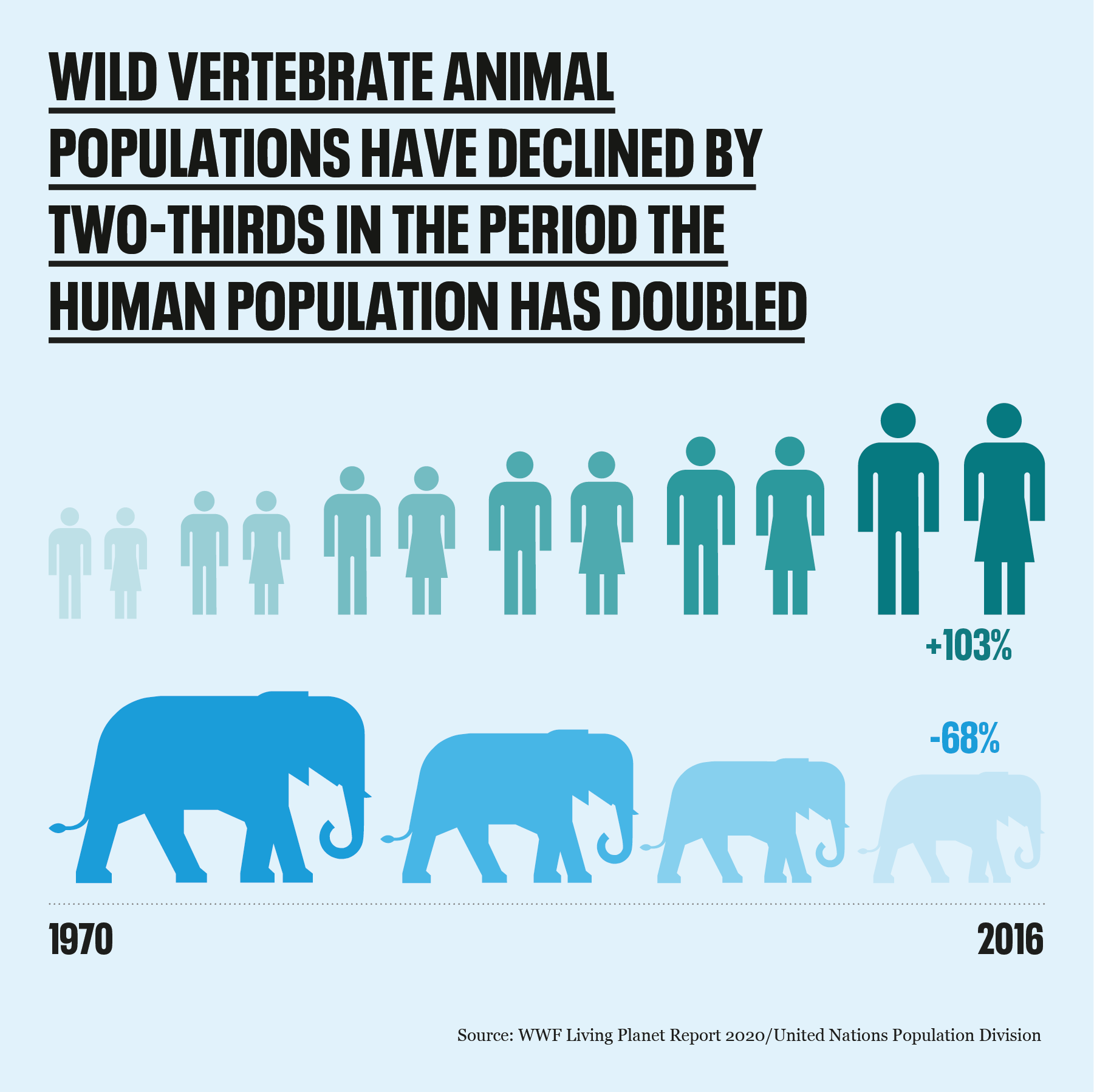
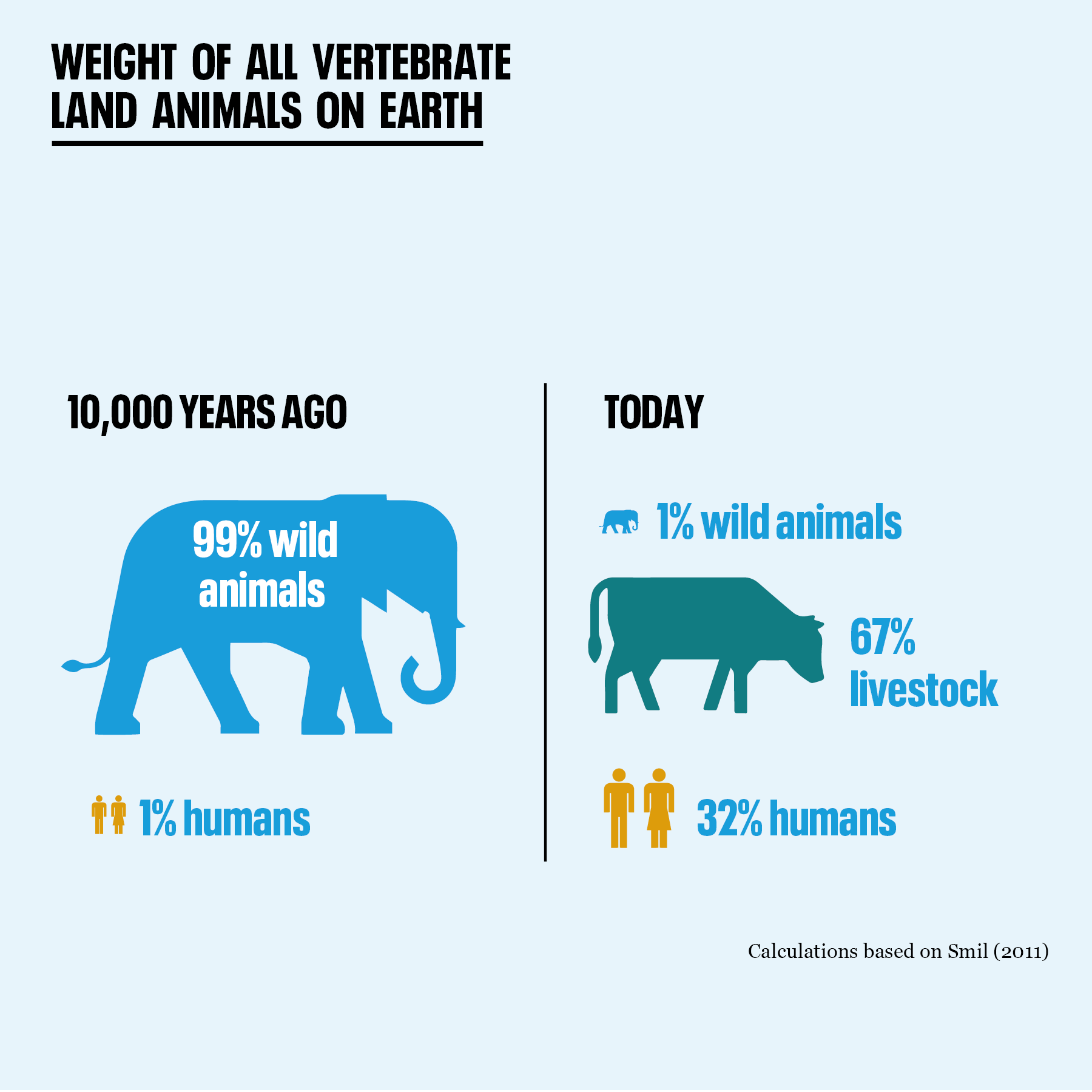
It is incredibly obvious that ever more of us means ever less wildlife. David Attenborough made this clear in most of his documentaries – I remember being particularly struck by this quote from Life of Mammals (2002):
“Instead of controlling the environment for the benefit of the population, perhaps it’s time we controlled the population to allow the survival of the environment.”
Finally, someone who isn’t blinded by anthropocentrism and doesn’t believe that humans have some God-given right to dominate and annihilate all other species, I thought to myself! Of course, his choice of words may not have been ideal (to many, ‘population control’ implies coercion), but he is absolutely right that there is an urgent need to change the way we view nature.
Donate Today
Sir David has repeatedly used his platform to call for empowering population solutions, including in his RSA speech and in this 2012 interview with the Wellcome Trust:
“Wherever you empower women, wherever they have the vote, wherever they have the education, wherever they have the free will and are in charge of their lives and not dictated to by men, the birth rate falls.”
This call was repeated in 2020’s A Life on our Planet, and he rightly added:
“Why wouldn’t we want to do these things? Giving people a greater opportunity of life is what we want to do anyway. The trick is to raise the standard of living around the world, without increasing our impact on that world.”
We are grateful and honoured to have Sir David as a Patron. As we celebrate his birthday on Sunday and hopefully every year after that (his legacy will be immortal), let’s try to honour his wish for a better world for both people and wild species. In the meantime, please enjoy this clip:

